Live Rosin
$200.00 – $530.00
Live Rosin
Live rosin is the latest craze to sweep the cannabis concentrate market. They tend to be the most expensive product per gram at dispensaries. Is it worth the hype? Well, there are absolutely no solvents involved.
Live Rosin
Exploring the unique differences and similarities of live resin and live rosin and how they are made.
Live rosin is the latest craze to sweep the cannabis concentrate market. They tend to be the most expensive product per gram at dispensaries. Is it worth the hype? Well, there are absolutely no solvents involved. And producers make them with trichome and terpene-rich plants.
Then, producers need to sift and press those plants for smaller, higher quality yields. So you pay for the amount of labor and the quality of the starting materials when compared to more massively produced butane hash oils.
Live rosin allows you to experience the purest flavors from some of the finest cannabis the market has to offer. As a result, true connoisseurs are picking up live rosin wherever they can find it. There’s some misinformation out there about what live rosin is and we’re here to help clear things up.
Qualified medical marijuana patients are experimenting with new products from their local dispensaries. As the cannabis industry continues to expand around the world, the market itself has diversified and shifted in a variety of ways.
Most importantly for the consumer, the range of products available has exploded since the days of full prohibition.
What used to be a market largely filled with flower, edibles, and low-grade extracts has become a place for cannabis connoisseurs to explore the possibilities on the fringes of production.
As a result, new consumers make take a look at the market and be relatively confused.
With hundreds of varieties of flower, myriad options for vaping devices, and confusing extracts, it can be difficult to understand every product available.
That’s why so many people are asking, “what’s the difference between?”
Aren’t They the Same Thing?
They are not the same thing, despite their similar spelling.
There is one main similarity that live resin and live rosin share in common: the use of fresh cannabis plants during the extraction process.
Normally, when processors make extracts, they are using dried and cured cannabis.
For live resin and live rosin, processors start with freshly harvested cannabis plants which are still full of moisture.
Of course, this poses certain problems during the extraction process, but the upside is that the final products contain a much more realistic terpene profile as compared to their counterparts.
Is There a Difference?
The biggest difference between them is how they are made.
Most notably, live resin appears much more dangerous to create. That’s because, according to a report from 2015 published in the Journal of Medical Toxicology, burns related to live resin creation increased in Colorado after legalization.
Live resin is an extract that requires the use of a solvent, often a hydrocarbon (such as butane) to separate cannabinoids and terpenes from the plant itself.
Obviously, the use of these types of chemicals is partly responsible for the increased number of burn victims who, according to the report, average a burn that covers 10% of their body after improperly maintaining their extraction process.
On the other hand, live rosin does not require the use of a hydrocarbon during the extraction process.
Instead, live rosin is created from bubble hash. This water sieve extraction process protects the terpene structure of the extract without the use of potentially harmful chemicals. Of course, when deciding which product to consume, it’s important to take your health into consideration.
Consumption Consideration
For those with weak immune systems or respiratory conditions, it may be better to select live rosin over live resin. That’s because, according to a case report published in 2019, live resin consumption (and any associated butane ingestion) may lead to lung injuries that look like pneumonia.
That’s because butane burns hot enough to release methacrolein and benzene. The 2019 report noted that these compounds are lung irritants and cause acute lung injury and pulmonary edema in laboratory animals.
Does this mean that live resin is bad for you? Extractors would say no because the butane is removed during the extraction process. However, it should be taken into consideration for people who have compromised respiratory systems, for example.
Do you prefer live resin or live rosin?
| Quantity | 5g, 10g, 15g |
|---|
Reviews
There are no reviews yet.
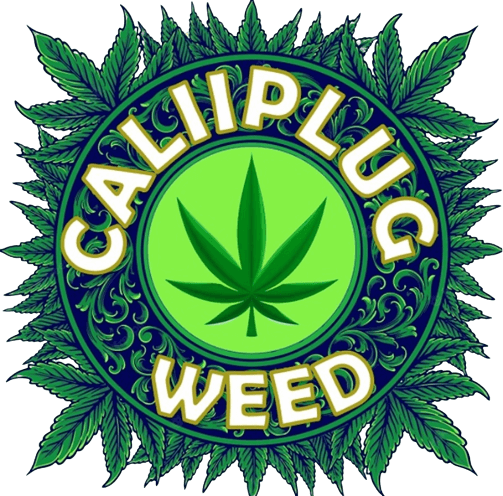
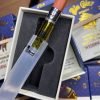
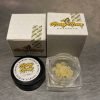

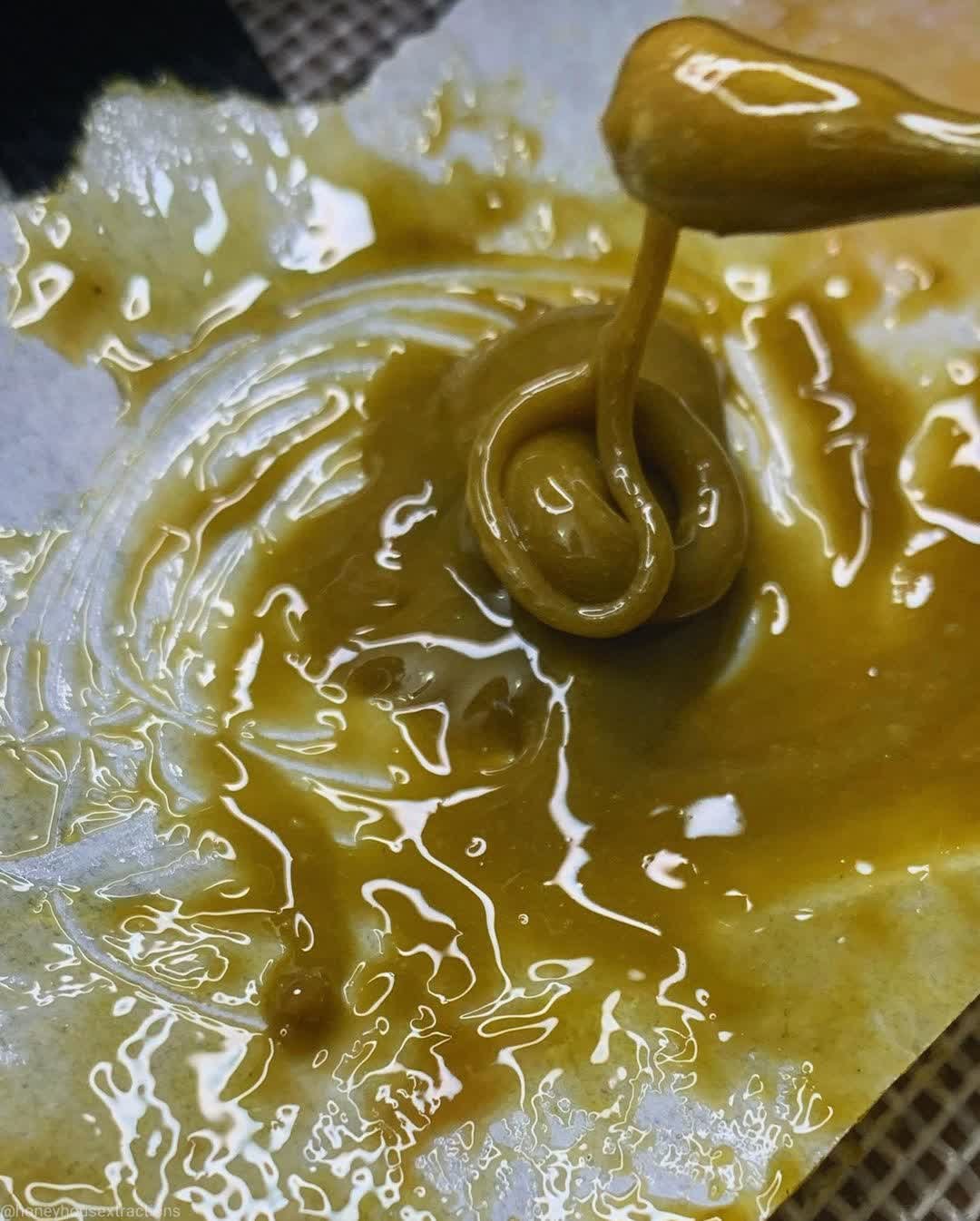
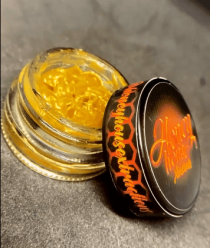

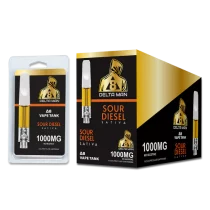

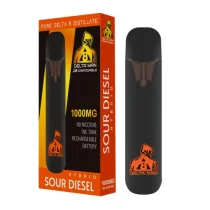
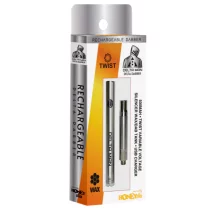

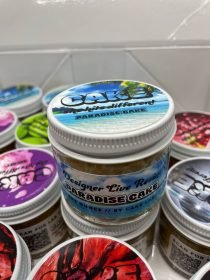
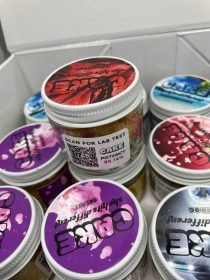
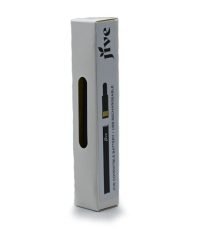
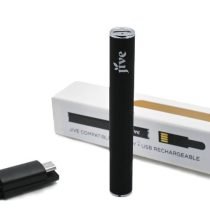
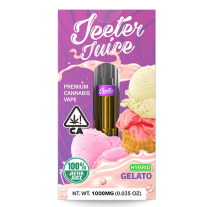
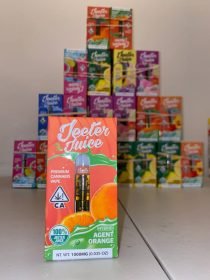
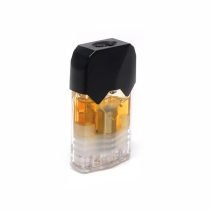
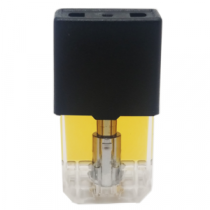
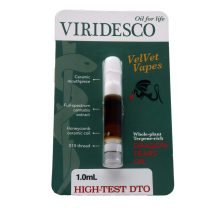
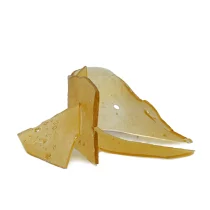
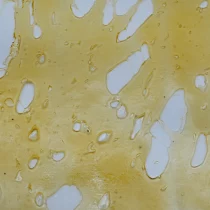
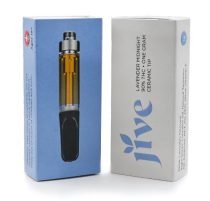
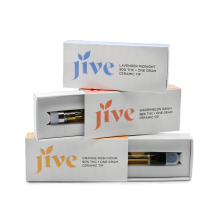
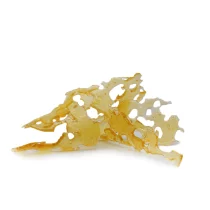
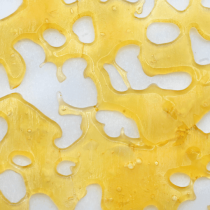

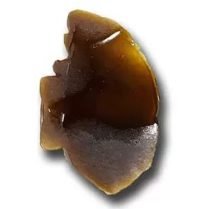
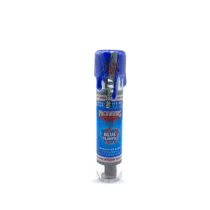
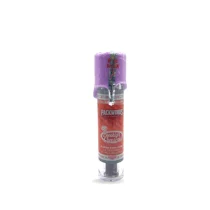
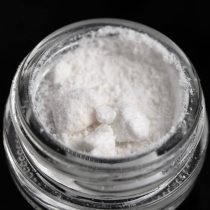
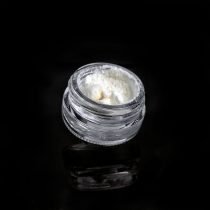
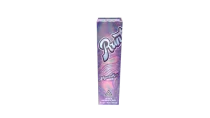
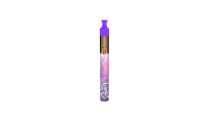
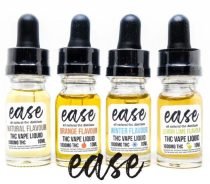
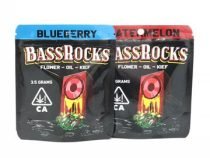
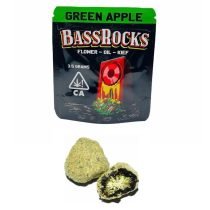

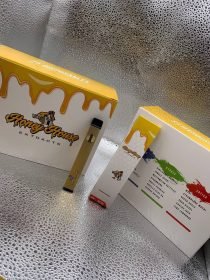
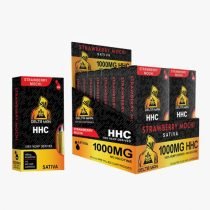
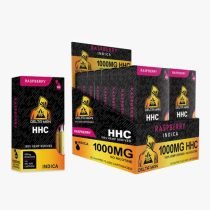


Be the first to review “Live Rosin”